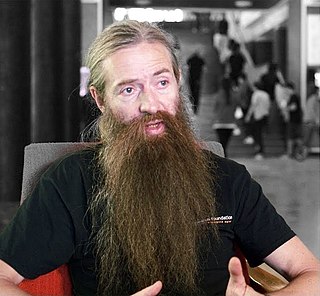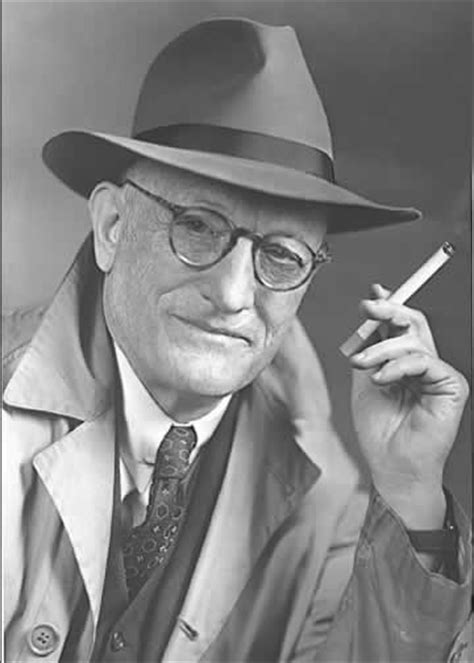A Quote by Diane Greene
There's a lot that machine learning can't do that humans can do very, very well.
Related Quotes
I think that DDT holds a lot of promise. It hasn't been banned everywhere - obviously it has in the U.S. In fact, about 10 years ago, the WHO came out with a statement promoting it for public health interventions in many countries. It's cheap. It's very, very effective. We've never had an insecticide that has worked so well since. It's also safe. A lot of people don't realize that its toxicity profile for humans is low.
All experiments that are related to the games when you have humans versus machines in the games - whether it's chess or "Go" or any other game - machines will prevail not because they can solve the game. Chess is mathematically unsolvable. But at the end of the day, the machine doesn't have to solve the game. The machine has to win the game. And to win the game, it just has to make fewer mistakes than humans. Which is not that difficult since humans are humans and vulnerable, and we don't have the same steady hand as the computer.
Man is a machine which reacts blindly to external forces and, this being so, he has no will, and very little control of himself, if any at all. What we have to study, therefore, is not psychology-for that applies only to a developed man-but mechanics. Man is not only a machine but a machine which works very much below the standard it would be capable of maintaining if it were working properly.
A machine helps us to annihilate our weaknesses. We don't have a steady hand. We can lose all vigilance. We can be distracted by something that is not that relevant. But we have intuition. We can feel certain things. And with a machine you can check whether it's right or wrong. That's why by bringing the two together, you create a very, very powerful combination.
So many computer languages try to force you into one way of thinking and Perl is very much the opposite of that approach. It's kind of like a, well, sometimes Perl has been called the Swiss army chainsaw of the internet, but it's more like a Swiss army machine shop. It really gives you a lot of tools, some of which are dangerous, but it lets you get your job done very quickly.
































